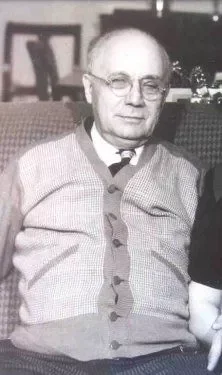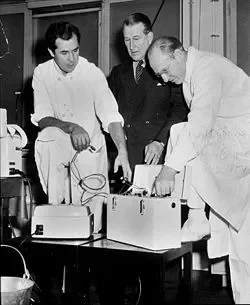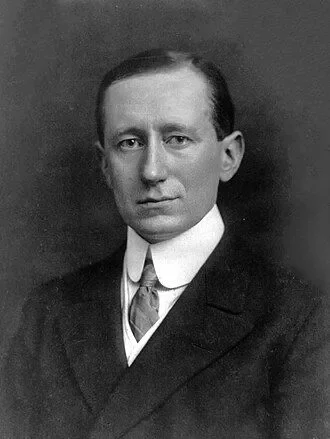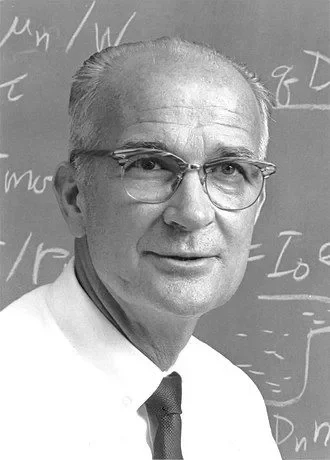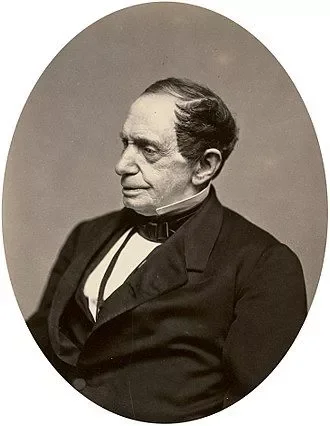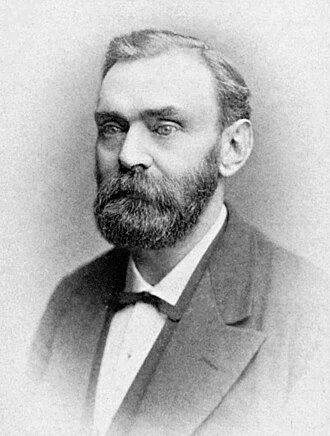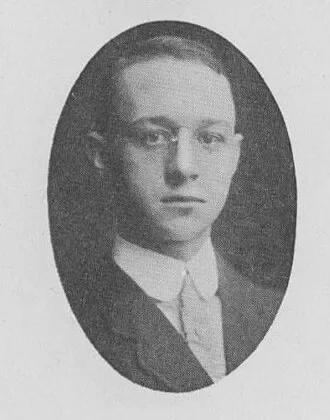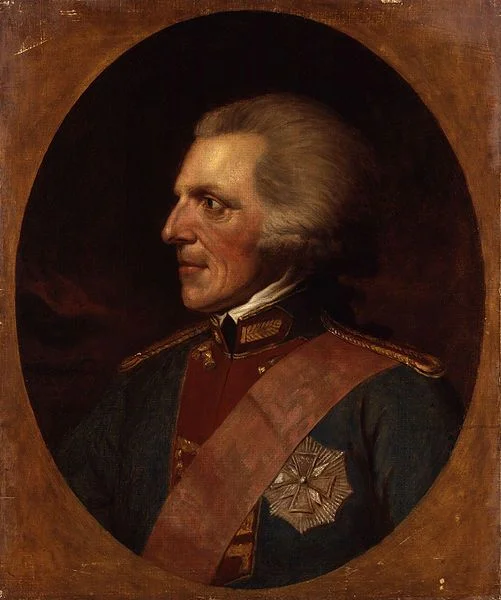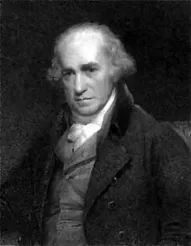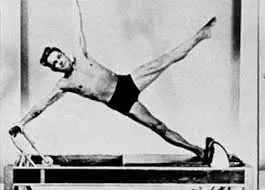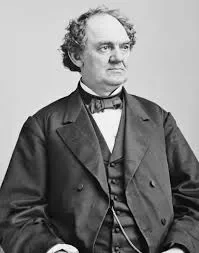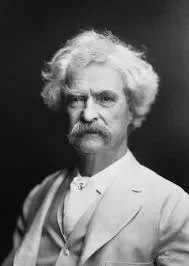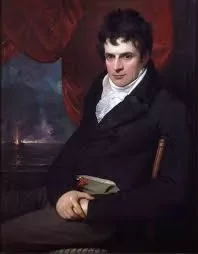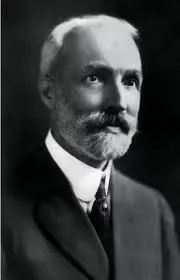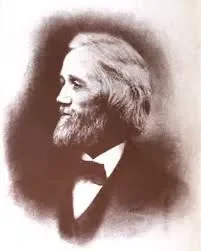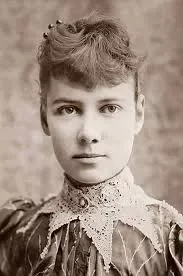Real Celebrities Never Die!
OR
Search For Past Celebrities Whose Birthday You Share
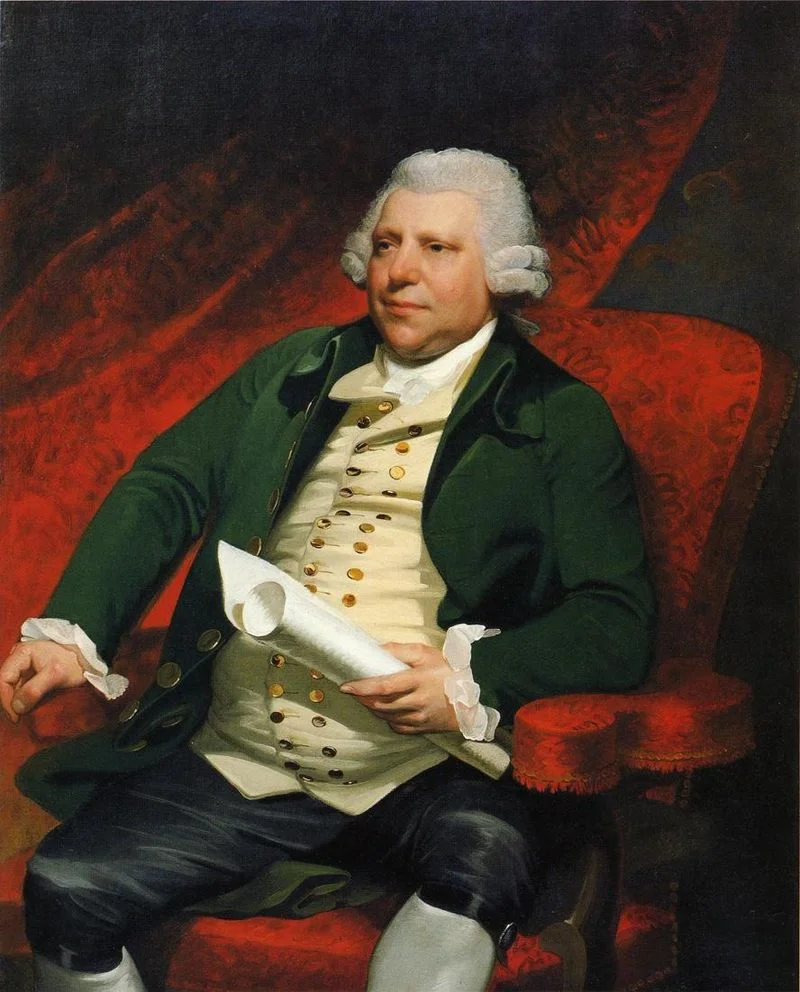
wikipedia.org
Richard Arkwright
Birthday:
26 Dec, 1732
Date of Death:
03 Aug, 1792
Cause of death:
Unknown disease
Nationality:
English
Famous As:
Entrepreneur
Age at the time of death:
59
Richard Arkwright's Quote's
Introduction to Richard Arkwright
Richard Arkwright was a prominent British inventor and entrepreneur who played a significant role in the Industrial Revolution. Born in 1732 in Preston, Lancashire, Arkwright grew up in a family of humble means and received only limited formal education. However, his natural intelligence and talent for mechanics enabled him to achieve great success in life.
Early Career and Interest in Textiles
Richard Arkwright started his career as a barber and wig maker in Bolton, where he invented a waterproof dye for wigs that made him very successful. In 1761, he became interested in the textile industry, which was rapidly growing in Lancashire, and started to develop ideas for improving the production process. He saw that there was a need for a machine that could spin cotton yarn more efficiently and quickly than the traditional spinning wheel, which relied on manual labor and was slow and inefficient.
Invention of the Water Frame
In 1769, Arkwright patented a new spinning machine, which he called the Water Frame, because it was powered by water. The Water Frame was a significant improvement over existing spinning machines, as it could produce stronger and more consistent thread, and was much faster than the spinning wheel. Arkwright partnered with a number of investors to build a textile factory in Cromford, Derbyshire, which was powered by water wheels and used the Water Frame to spin cotton yarn.
Expansion and Innovations
Over the next few years, Richard Arkwright continued to improve and expand his textile factories, adding more Water Frames and other machines to increase production. He also patented several other inventions, including the carding machine, which separated the cotton fibers and prepared them for spinning. By 1783, he had opened several factories in Lancashire and had become a wealthy and influential figure in the textile industry.
Knighthood and Later Ventures
In 1786, Arkwright was knighted by King George III for his services to the textile industry, and he continued to expand his business and invest in other ventures. He built a number of mills and factories across the country and became involved in other industries, including coal mining and iron production. Arkwright died in 1792, leaving behind a legacy as one of the most important figures of the Industrial Revolution.
Legacy of Richard Arkwright
Richard Arkwright was a key figure in the development of the textile industry during the Industrial Revolution. His inventions, particularly the Water Frame and the carding machine, revolutionized the production of cotton yarn and helped to create the modern factory system. Arkwright’s success as an inventor and entrepreneur paved the way for others to follow, and he remains an important figure in the history of British industry.
Name:
Richard Arkwright
Popular Name:
Richard Arkwright
Gender:
Male
Cause of Death:
Unknown disease
Spouse:
Place of Birth:
Preston, Lancashire, England
Place of Death:
Cromford, Derbyshire, England
Occupation / Profession:
Personality Type
Virtuoso: Bold and practical experimenters, masters of all kinds of tools. He was bold and a practical experimenter and invented many novel items.
Arkwright established the first water-powered cotton spinning mill at Cromford, Derbyshire in 1771, which is now part of a UNESCO World Heritage Site
Arkwright was born into a poor family in 1732 and started his career as a barber and wig-maker before becoming an inventor and industrialist.
He invented the water frame, a spinning machine that revolutionized cotton production and played a crucial role in the Industrial Revolution.
Richard Arkwright was the youngest of 13 children of Thomas Arkwright, who was a tailor
Richard was apprenticed to a barber named Mr Nicholson
He was known as the Father of the Industrial Revolution

